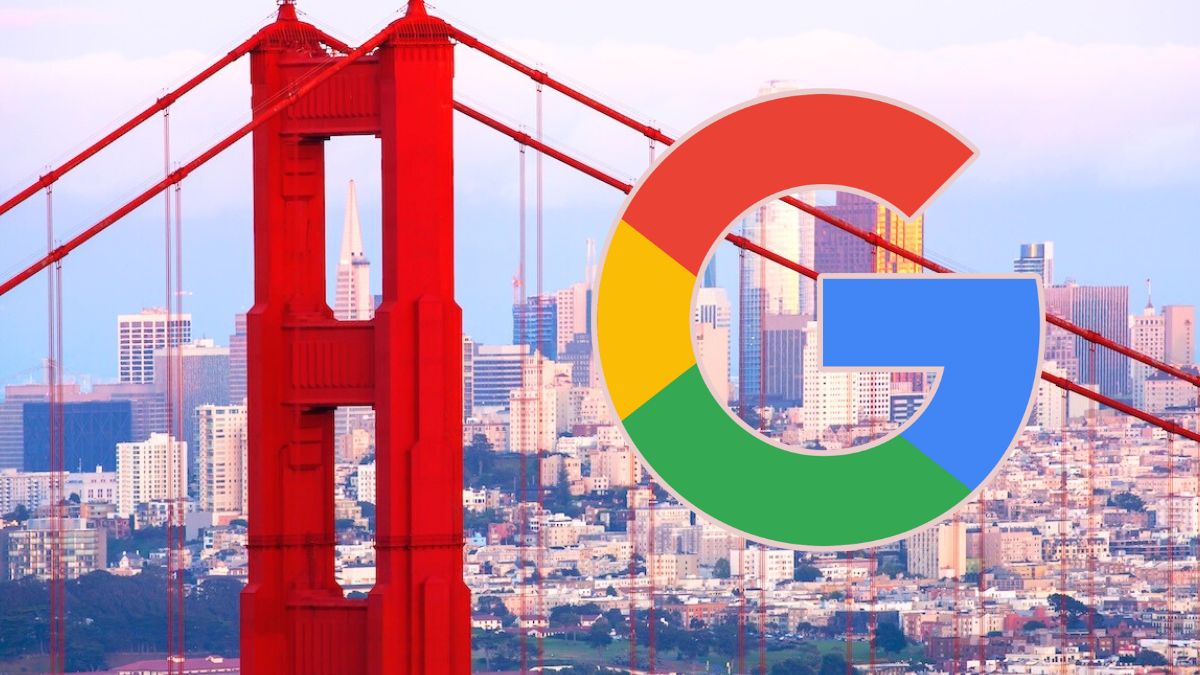San Francisco, the once-shining hotspot of innovation and opportunity, has been grappling with a tarnished reputation in recent years.
The city’s struggles with homelessness, crime, and a exodus of businesses have been well-documented. Amidst this backdrop, another tech giant appears to be partially pulling up stakes, adding fuel to the narrative that San Francisco is losing its luster. Google has confirmed that it will not be renewing the lease for its prominent 300,000-square-foot office space in the Spear Tower at One Market Plaza come April 2025. One Market Plaza is just mere steps from the iconic Ferry Building, approximately a quarter-mile to the northeast along the Embarcadero.
In a statement to SFGATE, Google spokesperson Ryan Lamont emphasized the company’s focus on “investing in real estate efficiently to meet the current and future needs of our hybrid workforce,” while reaffirming Google’s “long-term presence in San Francisco.”
To be clear, Google is not abandoning San Francisco altogether. But is this the beginning of an exodus? Not quite. Google remains committed to its long-term presence in San Francisco, with plans to relocate Spear Tower employees to other sites within the city. This move might be seen as a recalibration rather than a retreat. However, the decision to leave such a prime piece of real estate near the iconic Ferry Building and at the foot of Market Street is not without significance. One Market Plaza has been home to Google since 2018, and its departure from this high-profile location is sure to raise eyebrows and generate discussion about the city’s future.
What went wrong with the city?
One of the most visible and persistent issues plaguing big corporations to is the staggering level of homelessness.
Companies like Oracle, Hewlett Packard Enterprise, and Charles Schwab have all relocated their headquarters out of San Francisco in recent years. Before the global pandemic hit, the city boasted a remarkably low office vacancy rate of under 5%. High-end office spaces are now indeed facing a hard sell. A notable example can be seen in the fate of properties near the Twitter headquarters, where some offices are facing foreclosure due to a severe drop in demand. Fast forward to today, the vacancy rate has escalated to nearly 40%. Elon Musk, CEO of Tesla, famously tweeted in 2023 that San Francisco felt “post-apocalyptic.”
Crime has also emerged as a significant concern for San Francisco residents and businesses alike. The city’s progressive policies, such as Proposition 47, which reduced penalties for certain non-violent crimes, have been criticized for emboldening criminals. Overall, if San Francisco cannot muster the will to address its myriad problems, the future looks grim indeed.

